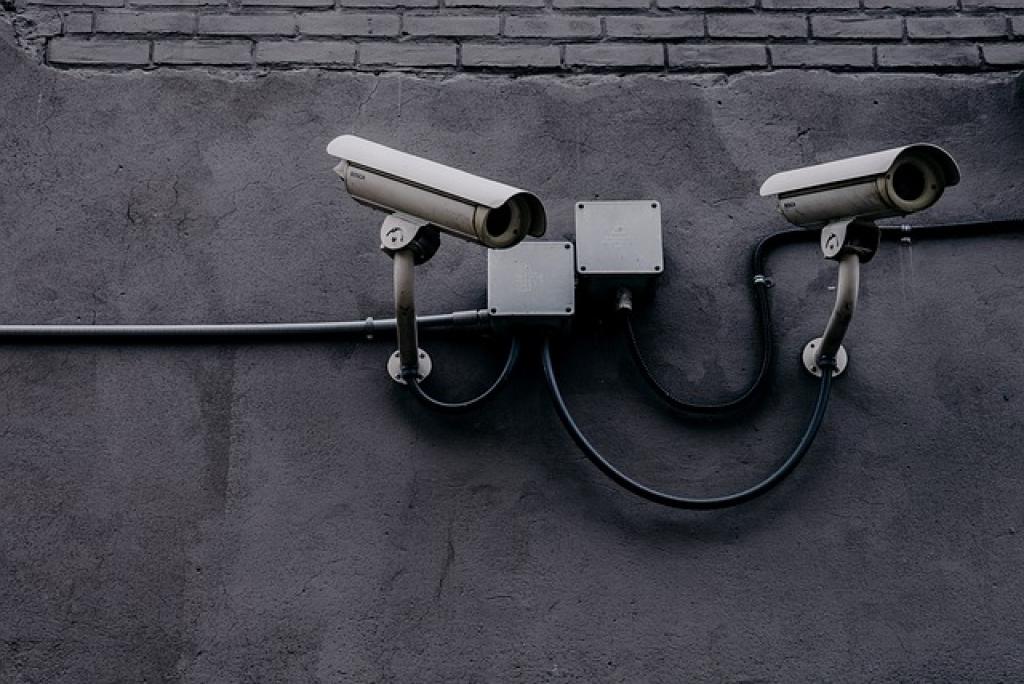
What Business Owners Should Know About Guard Licensing
In today’s dynamic business environment, security is more critical than ever. For many business owners, hiring security personnel becomes a priority to safeguard their assets and ensure customer safety. However, before you hire, it’s crucial to understand guard licensing.
Guard licensing varies by region, with specific regulations governing who can legally perform security duties. These regulations aim to ensure that personnel meet essential standards of training, conduct, and competence.
Failing to adhere to these licensing requirements can result in legal consequences for your business, potentially harming your reputation and bottom line. Therefore, comprehending the local guard licensing laws is essential not only for legal compliance but also for maintaining a secure and trusted business environment.
In this post, we’ll walk you through the key points you need to know about guard licensing, so you can make informed decisions that protect your business and foster trust with your clientele.
Understanding the Importance of Guard Licensing
Ensuring that your security personnel are properly licensed is not just about ticking boxes to comply with the law; it’s about protecting your business from potential risks. Licensed guards have undergone necessary background checks and training, equipping them to handle a variety of security challenges proficiently.
Enhancing Trust and Professionalism
Licensed guards contribute significantly to the professionalism of your business. Clients and customers are more likely to trust a business that demonstrates a commitment to security and compliance. This trust can enhance your reputation and customer relations, fostering a safer environment for everyone.
Moreover, the requirement for licensing often includes continuous education and training, meaning that licensed guards stay up-to-date with the latest security protocols. This ensures that they’re well-prepared to handle new challenges as they emerge, providing you with peace of mind.
Mitigating Risks and Liabilities
Employing unlicensed guards can expose your business to significant risks and liabilities. In the event of a security breach or incident, non-compliance with licensing laws can result in hefty fines or legal action. Furthermore, employing licensed personnel can potentially reduce your insurance costs, as insurers often provide better rates to businesses that are proactive about risk management.
By investing in properly licensed guards, you’re safeguarding not only your physical assets but also your business’s future.
Types of Guard Licenses and Their Requirements
The realm of guard licensing encompasses a variety of license types, each tailored to specific duties and responsibilities within the security sector. Understanding these can help you determine the best fit for your business needs.
Primarily, there are unarmed and armed guard licenses. Unarmed guards typically focus on monitoring and patrolling, ensuring safety without using weapons. Their licensing usually requires background checks, basic security training, and sometimes, first aid certification.
Armed guards, on the other hand, handle more high-risk situations. The requirements for armed guard licenses are more stringent, often necessitating specialized firearms training, psychological evaluations, and a thorough review process, given the added responsibility of carrying a weapon.
Some states offer specialty licenses for guards who operate in niche sectors, such as those monitoring surveillance technology or providing executive protection. Each specialty license will have its own set of prerequisites, reflecting the unique skills required for those roles.
Furthermore, the renewal process for these licenses is an essential component, often involving refresher courses and updated background checks to maintain compliance and readiness.
Being well-versed in the types of licenses and requirements can help you make strategic decisions about your security team, ensuring you have the right personnel for your specific security needs.
Benefits of Hiring Licensed Security Guards
Investing in licensed security guards offers numerous advantages, providing reassurance for your business operations. Licensed guards bring a high level of professionalism due to their training and experience, ensuring they handle situations calmly and efficiently.
One of the primary benefits is enhanced safety. Licensed guards are equipped to deter and respond to potential threats effectively, minimizing risk to your business. Their presence acts as a deterrent to crime, helping to prevent incidents before they occur.
Licensed security personnel also bring a sense of authority and reliability, reassuring customers and staff alike. Their training covers not just security procedures, but also customer service, enabling them to interact positively with clients and create a welcoming environment.
In addition, employing licensed guards can improve your operational efficiency. With security concerns managed by trained professionals, your business can focus more on its core activities without unnecessary distractions.
Finally, the credibility and accountability of having licensed guards can enhance your business’s reputation. Demonstrating a commitment to professional security solutions underscores the value you place on safety and compliance, which can be a significant differentiator in a competitive market.
Incorporating licensed guards into your security plan ultimately contributes to a safer, more productive business environment.
Common Misconceptions About Guard Licensing
Despite the critical role that guard licensing plays, several misconceptions still persist, potentially leading business owners astray. One common misunderstanding is that a security uniform alone connotes authority and capability. Without a license, however, there’s no guarantee that the individual is properly trained or vetted.
Another misconception is that all security licensing requirements are the same nationwide. In reality, licensing criteria can vary dramatically from state to state or even between local jurisdictions. This variance means that what qualifies as sufficient in one location may be inadequate in another.
Some business owners may also assume that licensing is a one-time requirement. On the contrary, maintaining a valid license often involves periodic renewals, which include updating skills and knowledge through continued education and updated background checks.
There’s also a belief that licensing isn’t necessary for smaller businesses or certain types of security roles. However, licensing is essential regardless of the size of the business or the perceived level of threat, as it ensures that all guards are qualified to handle security issues effectively.
Understanding and dispelling these misconceptions is vital. Being informed about the true nature and necessity of guard licensing helps ensure that your business remains secure, compliant, and ready to face any challenges.
Ensuring Compliance with Guard Licensing Laws
Navigating the complexities of guard licensing laws can seem daunting, but maintaining compliance is crucial for safeguarding your business. The first step is to research and understand the specific licensing requirements in your jurisdiction. These can differ widely, so ensuring you have accurate, up-to-date information is essential.
Start by verifying that all employed security personnel possess the necessary licenses for their roles. Regular checks of their licensing status can prevent any lapses in compliance. Maintaining organized records of these licenses, including copies of their certificates and renewal dates, can help streamline this process.
Staying informed about changes in legislation is also vital. Laws regarding guard licensing can evolve, introducing new requirements for training or additional certifications. Joining relevant industry groups or subscribing to updates from local regulatory bodies can keep you informed on any developments.
Partnering with a reputable security agency can also offer peace of mind. These agencies often handle licensing requirements for their personnel, ensuring they meet all legal standards. This allows you to focus on other critical business areas, confident that your security needs are professionally managed.
Committing to compliance not only protects your business legally but also reinforces your dedication to providing a secure environment for both your team and your customers.
Conclusion: The Key Takeaways for Business Owners
In today’s ever-evolving business landscape, the security of your establishment cannot be overlooked. Understanding and adhering to guard licensing requirements play a vital role in ensuring a safe and compliant environment for your business.
First and foremost, recognizing the importance of guard licensing is essential. Licensed security personnel offer more than just protection—they bring credibility, professionalism, and reassurance to your business. This not only enhances safety but also strengthens the trust and confidence of your customers and staff.
Moreover, familiarizing yourself with the various types of guard licenses and their specific requirements allows you to tailor your security strategies effectively. By ensuring that all personnel are properly licensed, you mitigate potential risks and the possibility of legal repercussions.
It’s equally important to dispel any misconceptions about guard licensing. From understanding the differences in regional regulations to realizing that licensing is an ongoing obligation, clarity in these areas can drastically impact how you manage security.
Finally, maintaining compliance with guard licensing laws requires diligence and proactive management. Verifying credentials regularly, staying informed about legislative changes, and potentially partnering with credible security agencies are practical steps towards achieving this goal.
Ultimately, investing in licensed security guards is an investment in the future of your business. It enhances your reputation, provides peace of mind, and ensures the safety of everyone involved. As a business owner, prioritizing these steps helps create a secure, thriving business environment that can adapt to whatever challenges come its way.


